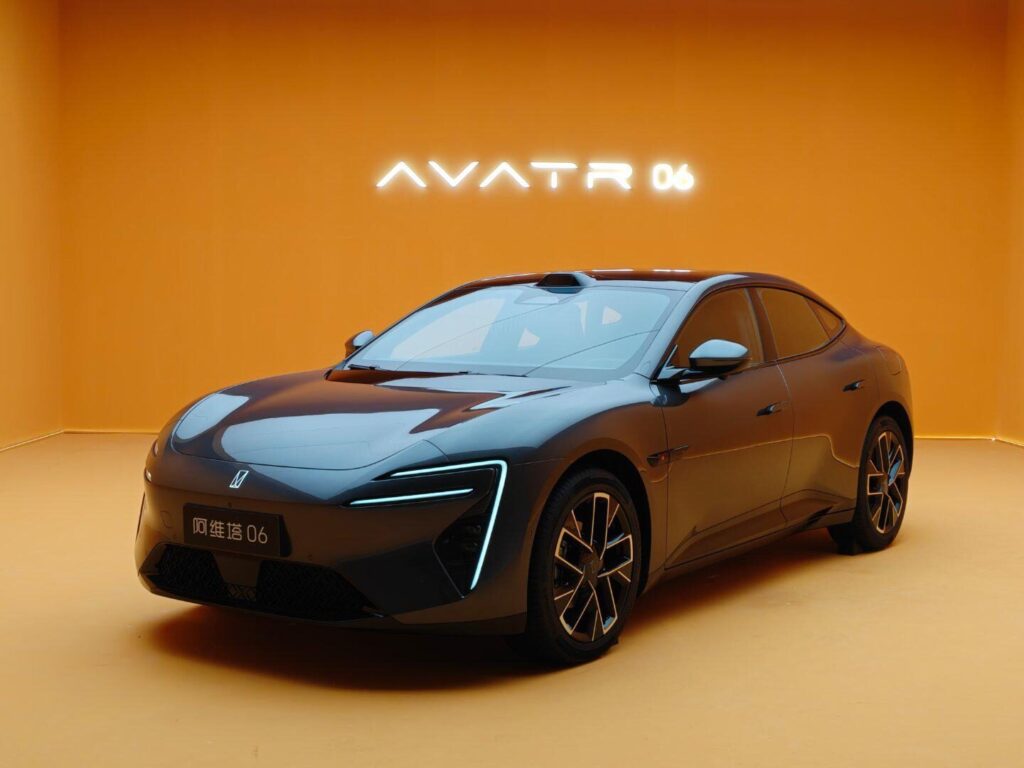Avatar 06 Fire Shock: A Chilling Echo of the Mercedes EQE “Cause Unknown” Nightmare in Korea?
A new Avatar 06, with just over 1,000 kilometers on the odometer, suddenly erupts in flames while parked. This incident on October 5th in Fujian, China, is more than just another EV fire; it’s a chilling déjà vu for the global automotive market, echoing a crisis that rocked Mercedes-Benz in Korea just a year ago. While Avatar has stated they are investigating and their CATL batteries meet national standards, the parallels to the Mercedes EQE 350+ fire in Cheongna, South Korea, are too stark to ignore.

This isn’t just about one company’s crisis. It exposes a terrifying reality for EV owners worldwide: What happens when your car burns down, and investigators can’t figure out why?
The “Cause Unknown” Curse: The Mercedes EQE Precedent
To understand the gravity of the Avatr fire, we must revisit the Cheongna incident. A parked Mercedes EQE self-combusted in an underground garage, leading to a lengthy investigation by Korean authorities. The final verdict? “Unable to determine the specific cause of the fire.”
This outcome is a systemic vulnerability of electric vehicles. The intensity of a lithium-ion battery fire often obliterates the very evidence needed for a conclusive analysis, especially the Battery Management System (BMS). “Cause Unknown” is not an exception; it’s a recurring curse that leaves consumers in a legal limbo, struggling to prove manufacturer liability.
From Fire to Scandal: How Trust Crumbled for Mercedes
The EQE crisis didn’t stop with an inconclusive fire report. It spiraled into a full-blown scandal over battery transparency. While Mercedes-Benz had marketed its partnership with CATL, the world’s leading battery supplier, it was discovered that Korean-market models were equipped with batteries from Farasis Energy, a much smaller player with a mere 1% market share.

This revelation ignited consumer fury. Mercedes-Benz Korea’s explanation that they “cooperate with various suppliers” did little to quell accusations of deliberate deception. The Korea Fair Trade Commission (KFTC) launched an investigation, and Mercedes-Benz Korea now faces potentially hundreds of millions of dollars in fines for misleading advertising. A class-action lawsuit filed by owners further plunged the brand’s reputation into turmoil.
The data paints a brutal picture of the fallout. In the year following the fire and scandal, the EV share of Mercedes’ total sales in Korea plummeted from 6.7% to a shocking 2.3%. A single “cause unknown” fire, compounded by a breach of trust, was enough to severely damage the market leader.
Conclusion: An Uncomfortable, Universal Risk
The Avatar 06 fire, therefore, is not a distant problem. It serves as a stark reminder that EV battery safety is a universal risk, transcending brands and borders. The core issue is not whether a fire can happen, but what happens after.
When the official conclusion is “unknown,” the financial and emotional burden falls disproportionately on the consumer. This is the fundamental flaw that the industry and regulators must address. A verdict of “unknown cause” cannot be a get-out-of-jail-free card for manufacturers. The burden of proof must shift, and a systemic framework is urgently needed to protect consumers when the technology itself destroys the evidence of its failure.

The smoldering wreck of the Avatar 06 in Fujian isn’t just a warning to one company. It’s a global alarm bell, signaling that until we solve the “cause unknown” dilemma, every EV owner is parking a potential liability.